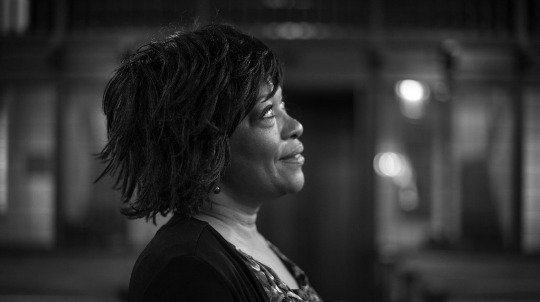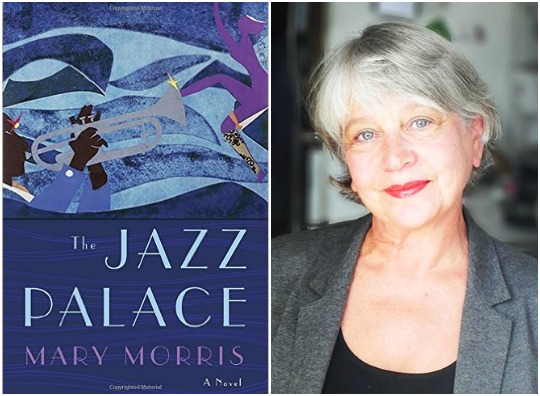We’ll be spending this week exploring the lives and works of the 2013 Anisfield-Wolf Award winners. Today we’re recognizing Wole Soyinka, this year’s Lifetime Achievement winner.
The greatest threat to freedom is the absence of criticism. ~Wole Soyinka
A playwright/poet/essayist, Soyinka is one of Nigeria’s most beloved figures. Repeatedly, he has risked his life to protest the corrupt governmental regimes. In 1967, he was arrested and put in solitary confinement for 22 months for his attempts at brokering a peace between the warring Nigerian and Biafran parties warmongering in his homeland. He kept writing during this time, creating ink in his cell and using scraps of paper to collect his poetry.
Wole Soyinka’s Ake: The Years of Childhood won an Anisfield-Wolf Book Award in 1983. Three years later, he went on to become the first African to win a Nobel Prize for Literature.
At 78, he splits his time between the United States, where he teaches at Loyola Marymount University in Los Angeles, and his home outside of Lagos in Nigeria. He narrates the introduction of the new documentary, “Fuelling Poverty,” which protests the Nigerian government’s oil subsidy scandal of 2011.
“[Nigeria] is one of the poorest and most corrupt nations in the world,” he says in the introduction. “This film, made by the younger generation, is about the oil subsidy scheme. It is about a culture of greed and corruption and its effects on the people. But it is also about a people of great resilience, of people who are finding their voice, who care deeply about their country and dare to ask for a better world for themselves.”
Watch the full documentary below (22 minutes):
Soyinka is acutely attuned to global perceptions of Nigeria. He criticized “Welcome to Lagos,” a 2010 three-part documentary made by the BBC, for being colonialist and exploitative. He told the Guardian newspaper, “There was no sense of Lagos as what it is – a modern African state. What we had was jaundiced and extremely patronizing. It was saying, ‘Oh, look at these people who can make a living from the pit of degradation.'”
Soyinka added: “It is a pulsing city – in many ways too pulsing for me, which is why I live a little way out of it. But it is such a rich city, and it is deeply frustrating to see it given such a negative and reductionist overview.”




